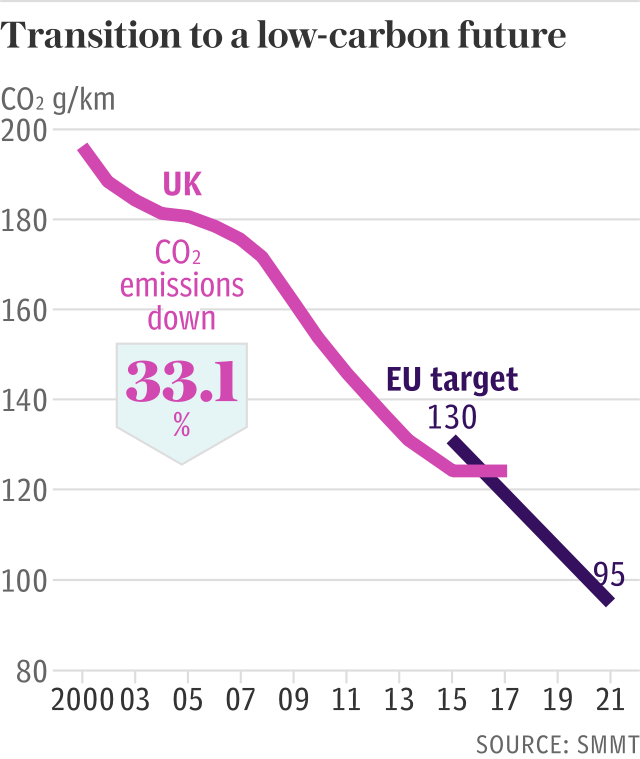Government to force carbon accounting into annual reports

Britain’s largest companies will need to lay bare the size of their carbon footprint alongside their statutory financial results in their annual reports from next year.
Under new rules, the Government will force large private companies and those quoted on the London Stock Exchange to account for their energy use, carbon emissions and their energy efficiency measures in the drive towards a zero carbon economy.
The new rules take effect for the financial years from April 2019 and replace a defunct carbon reporting regime which was heavily criticised by business for needlessly adding layers of bureaucracy at a cost of around £20m.
A consultation of over 150 British businesses found 93pc of companies were in favour of a new framework which spans the whole of the UK.
Of the 7pc which opposed the plan some raised fears that the move is ill-timed given the uncertainty created by Britain’s planned exit from the EU. Others still consider the rules “overly burdensome and onerous”.
Companies will face rising pressure to lower their carbon emissions in the years ahead.
By 2030 ministers expect business and industry to slash their carbon intensity by 20pc.

In addition, the Government has called on the climate change watchdog to lay out a route towards a net zero emissions economy which could bring in even tougher controls.
Claire Perry, the minister for energy and clean growth, said the Government is “determined to help businesses improve their productivity and competitiveness”.
“This includes working together to unlock any potential energy and emission savings to help keep bills as low as possible and to support delivery of our ambitious greenhouse gas reduction targets.
“Energy efficiency is vital to business productivity, security of energy supplies, and supports the transition to a low-carbon economy,” he said.
The new framework will apply to all quoted companies and those with at least 250 employees, annual turnover greater than £36m, and an annual balance sheet total greater than £18m.

 Yahoo Finance
Yahoo Finance 